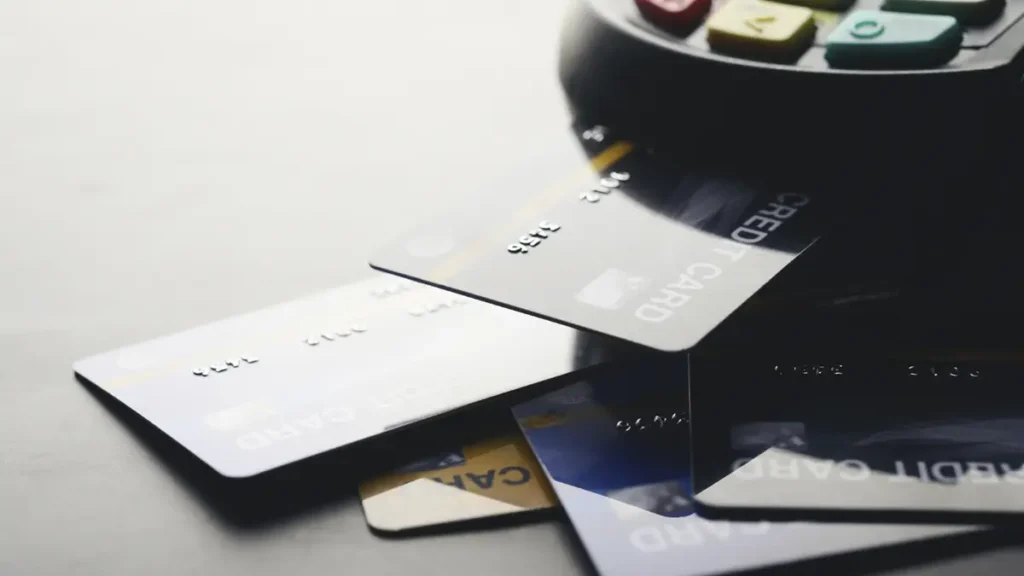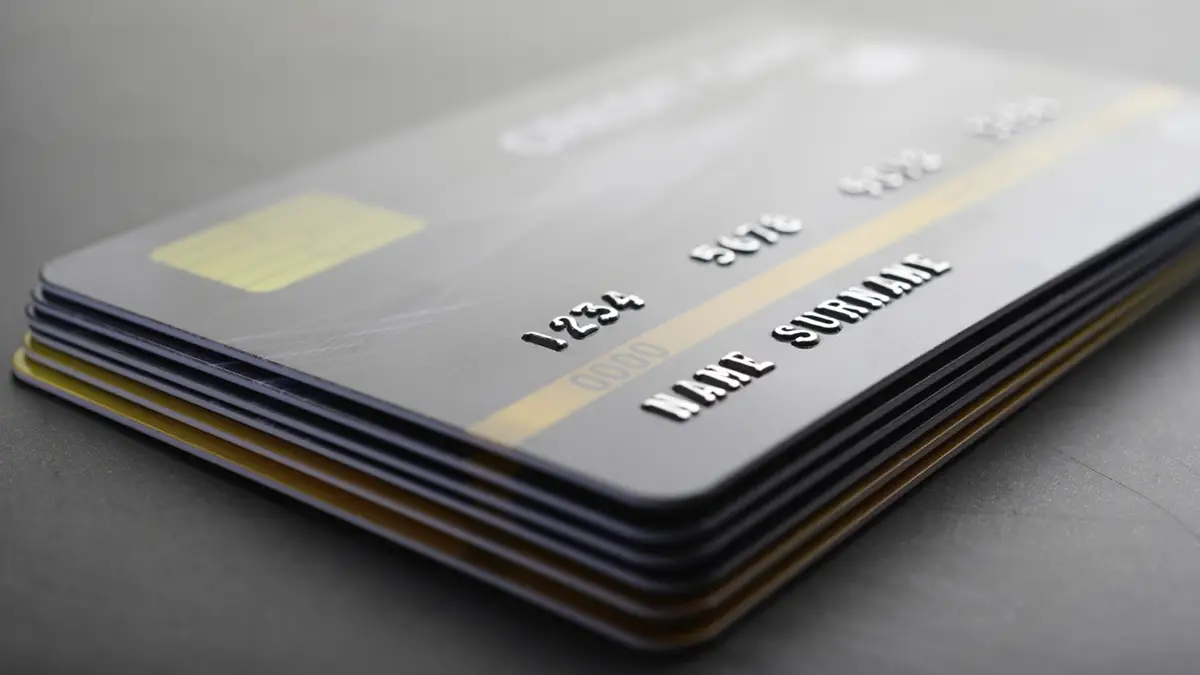Best Business Credit Cards for Startups (2025 Guide)
When you begin a new business, it might seem confusing to figure out. You’re keeping an eye on your money, paying bills, and trying to grow your business without using up all your savings. A solid business credit card gives you some breathing room. It helps you separate personal and business spending, build business credit from day one, and earn rewards on things you already pay for like ads, tools, and travel.
But not all cards work for startups. Some ask for years of revenue. Others need strong credit or a personal guarantee. That’s where this guide helps. We’ll walk you through the best business credit cards for startups, how to qualify even if you’re new, and what features actually help in those early stages. We’ve helped many first-time founders find the right card to stay on track and move faster. Now it’s your turn.
Why Startups Need Dedicated Business Credit Cards
Getting a good business credit card can help new businesses control spending, track expenses, and grow their credit score. It’s important to know what your business needs right now before you apply. Do you need more time to pay off purchases—or better rewards for travel and office expenses? Checking your startup’s credit profile also matters. A strong business credit history increases your approval chances. Listening to other founders’ stories teaches you what to try and what to avoid. Many business owners struggle because they overlook future costs or don’t build a scalable model. If you know your budget, you can pick a card that won’t get you into trouble.
Also, think about common startup mistakes. Look at why some new businesses don’t survive. You’ll avoid those pitfalls by being better prepared. Learn more from our guide on reasons startups fail. Once you have your plan, visit SBA.gov for resources, tips, and tools to support your funding choices. Starting strong means making smart money moves from day one.
How to Qualify When You’re a New or Revenue‑Driven Startup

Getting approved for business credit cards for startups depends on how strong your business profile looks to the issuer. Most credit card companies check things like how long you’ve been in business, your monthly or annual revenue, your EIN or SSN, and whether you have a business bank account. If your business is very new, focus on having clean personal credit and setting up basic requirements like an EIN and bank account. Some cards may also ask for your personal guarantee.
There are two types of qualification paths. Some cards, like the Spark Classic business credit card, are good for founders with limited credit history. Others are based more on business revenue and bank account activity. This is helpful if you don’t have much credit but your startup brings in consistent income. If you’re not sure where you fall, look into secured business credit card options where you deposit money upfront as collateral.
LLCs and sole proprietors can qualify just as easily if they’ve set up the right foundation. Use the same business info no matter where you post it. Having even a few months of revenue helps. Foundingstartup’s startup toolkit includes qualifying frameworks and funding-readiness templates for first-time founders. You can also explore small business tax strategies to make sure your finances are in good shape when applying. For a detailed look at what most issuers check, visit NerdWallet for current eligibility rules.
Top Cards for Early-Stage Startups (Comparison Table)
The best business credit cards for startups make it easier to control your money, earn points, and build a good credit score. This table helps you see the differences between popular cards, including their fees, rewards, who can apply, and how each one is best used.
| Credit Card | Fees | Rewards Type | Credit Requirement | Best For |
| Chase Ink Business Cash | No annual fee | 5% cash back | Good to Excellent | Office supplies and utilities |
| Brex Card | No personal guarantee | Points (up to 8x) | No credit check | VC-funded startups and scaling teams |
| Capital One Spark 2% | $0 intro, then $95 | 2% cash back | Excellent | Flat-rate cash back on all purchases |
| American Express Blue Business Plus | No annual fee | 2x points on all purchases | Good to Excellent | Everyday business expenses |
| Ramp Card | No fees | 1.5% cash back | No personal credit | Expense tracking and automated savings |
| KeyBank Business Card | No annual fee | Rewards or Low APR | Good credit | Flexible options for small business needs |
These startup business credit cards each serve different needs. Chase Ink is great if you want cash back on office spending. Brex offers value for startups that want to avoid personal liability. Ramp focuses on savings and finance control through automation.
If you’re not ready for funding rounds or just want another layer of financial support, startup funding options can be used alongside these credit cards. They give you flexibility without giving up equity. Cards like the KeyBank business credit card may also help if you want to work with a regional bank that knows local business needs. Compare features carefully before choosing.
Industry-Optimized Card Picks
Not all startups need the same type of credit card. A tech or SaaS startup often benefits from cards offering software credits, cloud service discounts, or travel rewards for conferences and remote teams. Many of these are corporate cards with no personal guarantee, which is useful for bootstrapped founders. Some cards even include ad-spend bonuses that help fuel innovative marketing efforts. If you run an e-commerce business, try to find credit cards that give extra cash back on things like shipping, ads, and buying inventory. This keeps costs lower while giving you points or cash to reinvest into operations.
For professional services like consulting or law, a low-interest card with strong expense tracking and reporting tools works best. Even cash-based ventures like those learning how to start an ATM business can benefit from cards that organize recurring costs and vendor payments. Secured business credit cards are another smart option if you’re building credit from scratch. They let you control limits while showing lenders your reliability. Whether you’re bootstrapping or already raising startup funding options, these tailored card choices support smarter business financing. You can explore more about the intersection of startups and fintech credit via TechCrunch.
Step-by-Step: How to Apply & Build Business Credit
Before doing anything else, you must make your business official by signing it up as a legal company. When your business is official, visit the IRS website to get something called an EIN, a special number that helps with taxes. This unique number is like a social security number for your business. Next, open a business bank account under your registered name. This account should be used only for business income and expenses. Having a lean business plan helps justify credit use to underwriters, showing that your business is serious and financially responsible.
Once your basics are in place, apply for a starter credit card. For new businesses, new business credit cards like the Capital One Spark Classic or Brex Card are good picks. If you don’t qualify, go for a secured business credit card where you deposit funds upfront. Use your card regularly for small business purchases. It’s important to pay the whole balance on your card every month without being late. When you pay on time, it shows lenders you’re responsible, and that helps your credit score go up. Use your card to invest in early marketing, like building a website or running ads. To attract early traffic, read our full guide on SEO for startups. Credit givers send your payment details to places that track business credit. When you don’t miss payments, it’s easier for loan people to believe in you.
Final Recommendation

No single card fits all startups. Your best pick depends on how your business runs, spends, and earns.
- No credit history? Try a secured card like the Brex Card or a no-PG option to start building credit fast.
- Making revenue already? Go for cards with cashback and flexible limits, like the Ramp or Capital on Tap.
- Need help staying secure? Secured business credit cards give you control with less risk.
- Travel a lot? Choose a card offering points, airport perks, and no foreign fees.
Quick Checklist Before You Apply
- Make sure your business is legally registered.
- Make sure your business bank account is active
- Know your monthly revenue and stay in control.
- Read terms for interest rates and fees
- Prepare to share your EIN or SSN if needed






